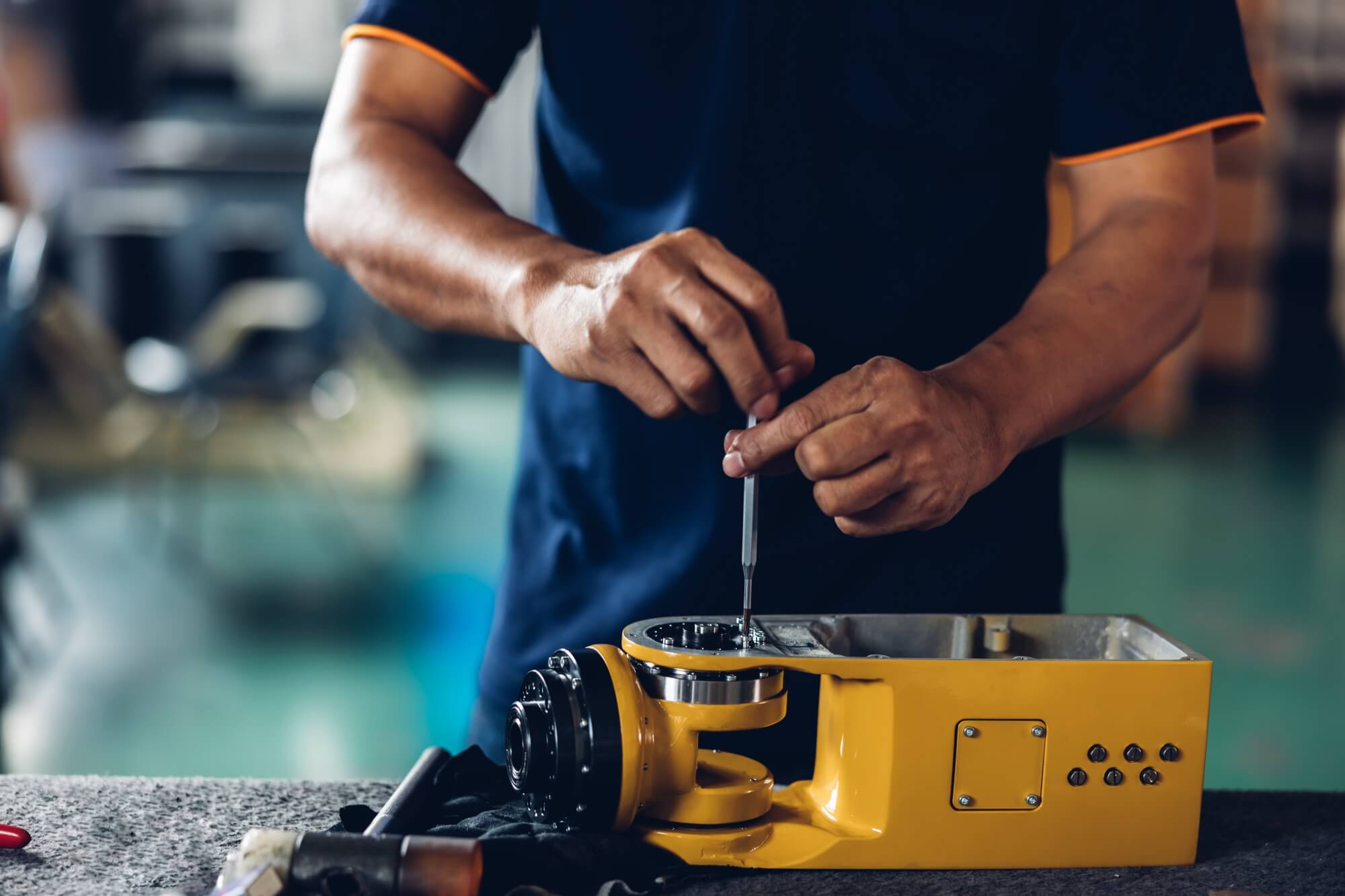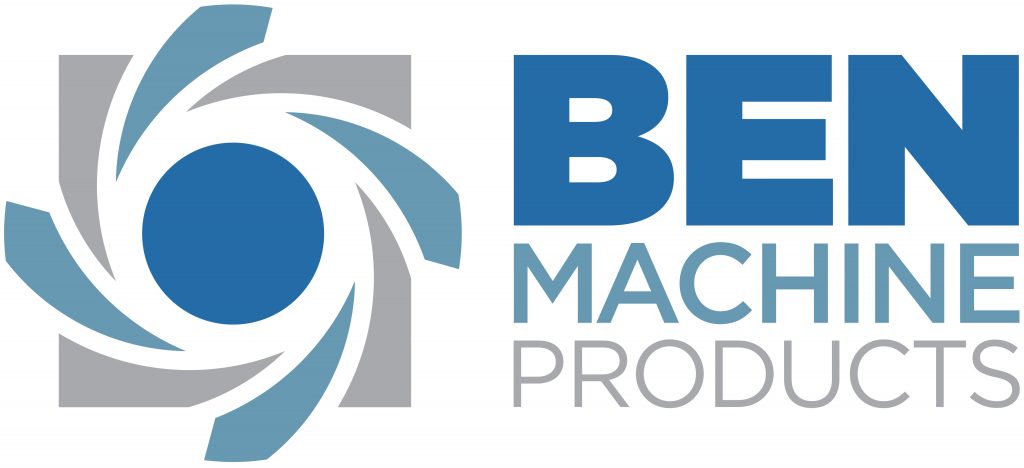
In the CNC machining industry, high-complexity assembly work, especially involving electronic, electrical, optical and motor components, is critical due to the precision and reliability required in these applications. The intricate nature of these assemblies demands careful attention to detail and a deep understanding of the assembled product and the customized assembly process.
One primary challenge associated with complex assemblies is managing tolerance stack-ups. Even slight variations in individual parts can accumulate, leading to significant deviations in the final assembly. Because of this, precision is essential. Ensuring each component fits perfectly and functions as intended requires advanced measurement techniques and skilled craftsmanship.
In terms of expertise, handling intricate assemblies necessitates a blend of mechanical engineering knowledge, experience in CNC machining, and familiarity with electronic systems. But the most crucial skill is problem-solving. The assembly team must be adept at interpreting technical drawings, understanding complex geometries, and utilizing specialized assembly tools.
Complex Assembly Work in CNC Machining Shops
Complex CNC machining is not just about running a machine tool; it’s a sophisticated craft requiring technical proficiency, knowledge of cutting tools, in-depth experience, and a keen eye for detail. These elements work together to produce high-precision parts that enable high-quality assembly services.
Combining contract manufacturing and assembly work in CNC machining shops creates a natural partnership since one without the other often leads to inefficiencies, quality issues, inconsistencies, and tolerance stack-up problems.
The Issue of Tolerance Stack-ups in Assembly
Tolerance stack-ups refer to the cumulative effect of individual part tolerances within a complex assembly. Each part in a customized assembly has tight tolerances. When assembling custom-machined parts, any variations can add up, leading to a misalignment or improper fit of the assembled product.
Understanding and managing tolerance stack-ups is crucial in complex assemblies for several reasons:
- Functionality: Improperly managed tolerance stack-ups can lead to assemblies that do not function as intended.
- Quality Control: Ensuring that the final product meets quality standards requires precise control over cumulative variations.
- Cost Efficiency: Addressing tolerance issues early in the design and machining process can prevent costly rework, reduce waste, and streamline production.
Effective communication between design engineers and CNC machining partners is essential to manage tolerance stack-ups effectively.
Different Methodologies for Assembling Complex Parts
Assembling complex parts requires various methods, each offering distinct precision, efficiency, and flexibility advantages. Here’s a look at the different methodologies:
Robotic Assembly
Robotic assembly involves using automated robots to perform assembly tasks. These robots are programmed to follow precise instructions for task picking, placement, fastening, and joining. Robots can quickly achieve high levels of accuracy, ensuring consistent assembly quality while working continuously and with repeatability. The only drawback is volume. Robotic assembly requires significant volumes to warrant the expenses involved.
Manual Assembly
Manual assembly involves human workers performing the assembly tasks. This method relies on the assembler’s skill and expertise to fit, align, and join components. Humans can adapt to new tasks, make on-the-fly adjustments, and handle irregularities in parts. They can diagnose and resolve issues that automated systems may not easily detect. However, they are also more prone to manual error and repeatability issues as each assembly is a unique product requiring active attention to ensure all steps are performed.
Hybrid Approach
This approach combines robotic and manual assembly techniques to leverage their strengths. Robots handle repetitive, high-precision tasks, while humans focus on more intricate or variable aspects, optimizing workflow. This method can reduce labor costs while maintaining quality and flexibility, especially in high volume production environments.
Quality Assurance Through Specialized Testing
In complex assembly work, rigorous testing is essential to verify the assembled products’ functionality, quality, and durability, in much the same way as it is required during CNC machining processes. Here are the different testing methods commonly used:
- Dimensional inspection involves measuring the physical dimensions of components and assemblies to ensure they conform to specified tolerances. The manufacturing company could measure custom-assembled parts with a coordinate measuring machine (CMM), laser scanning, or handheld tools like micrometers and calipers.
- Functional testing verifies that the assembled product operates correctly under specified conditions.
- Environmental testing evaluates the performance of an assembly under various ecological conditions it may encounter during its lifecycle.
- Stress testing subjects the assembly to conditions beyond normal operational limits to evaluate its robustness and identify potential failure points.
- Non-destructive testing (NDT) allows for the inspection of the assembly without causing damage, ensuring the internal and external integrity of parts.
- Performance verification involves testing the assembly under realistic operational conditions to ensure it meets performance specifications.
Trust the Experts at Ben Machine
Complex assembly work in the CNC machining industry requires a multi-faceted approach that integrates precise methods and rigorous testing protocols. Whether employing robotic, manual, or hybrid assembly techniques, each process must ensure the final product’s high precision, efficiency, and reliability.
Rigorous testing methods, including dimensional inspections, functional testing, environmental stress tests, non-destructive evaluations, and performance verifications, are critical to maintaining the integrity and durability of the assemblies.
Contact the experts at Ben Machine to learn more about how CNC machining and customized assembly can meet your unique needs. They will help you explore solutions for your complex assembly needs and CNC machining requirements.


